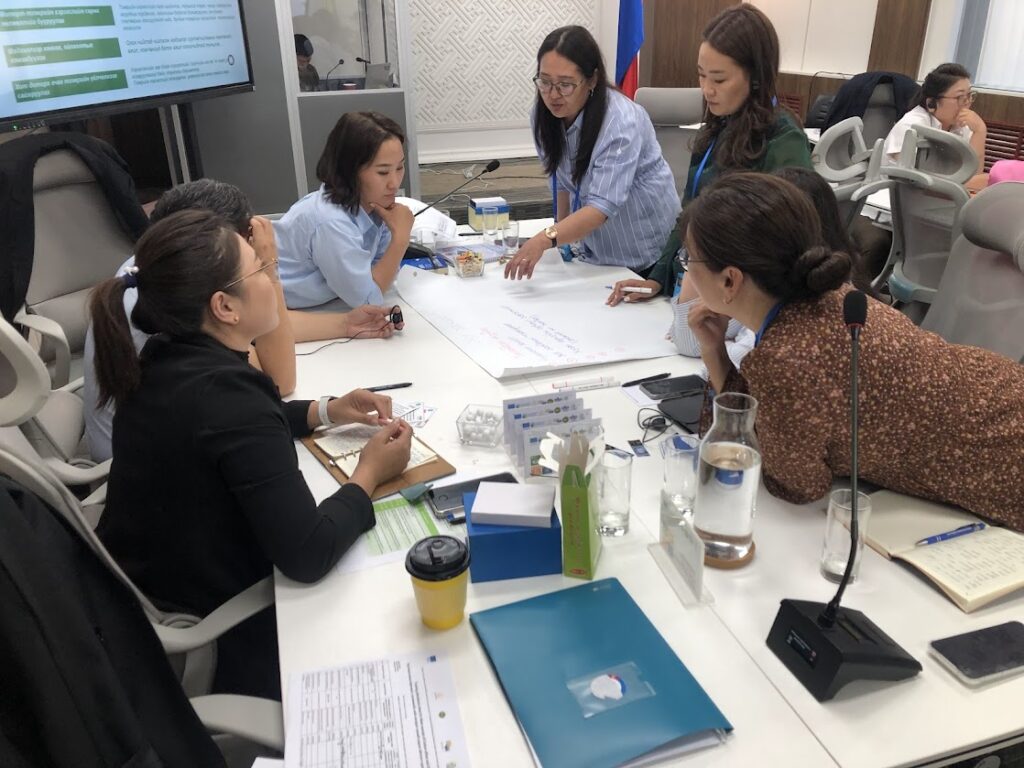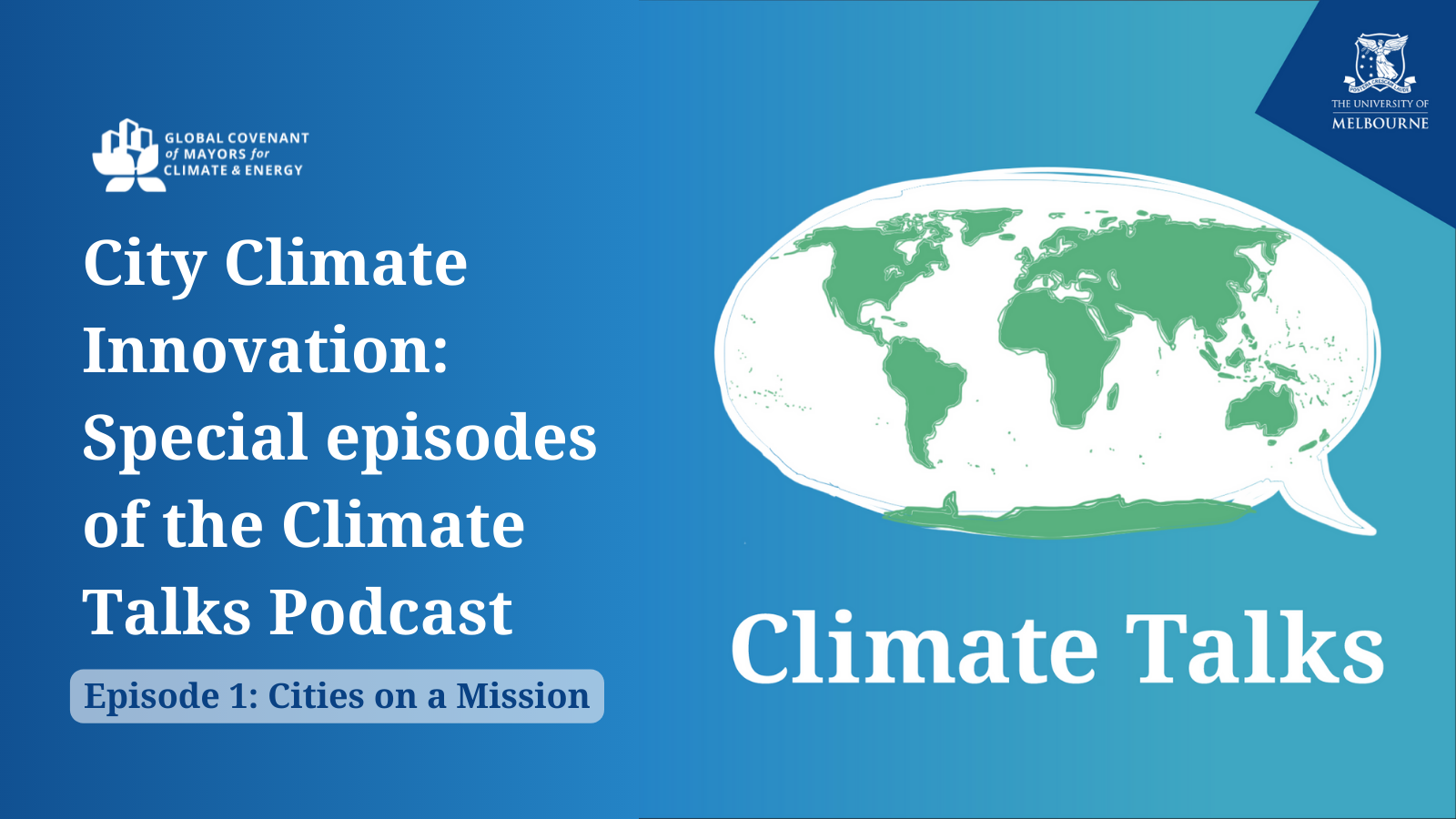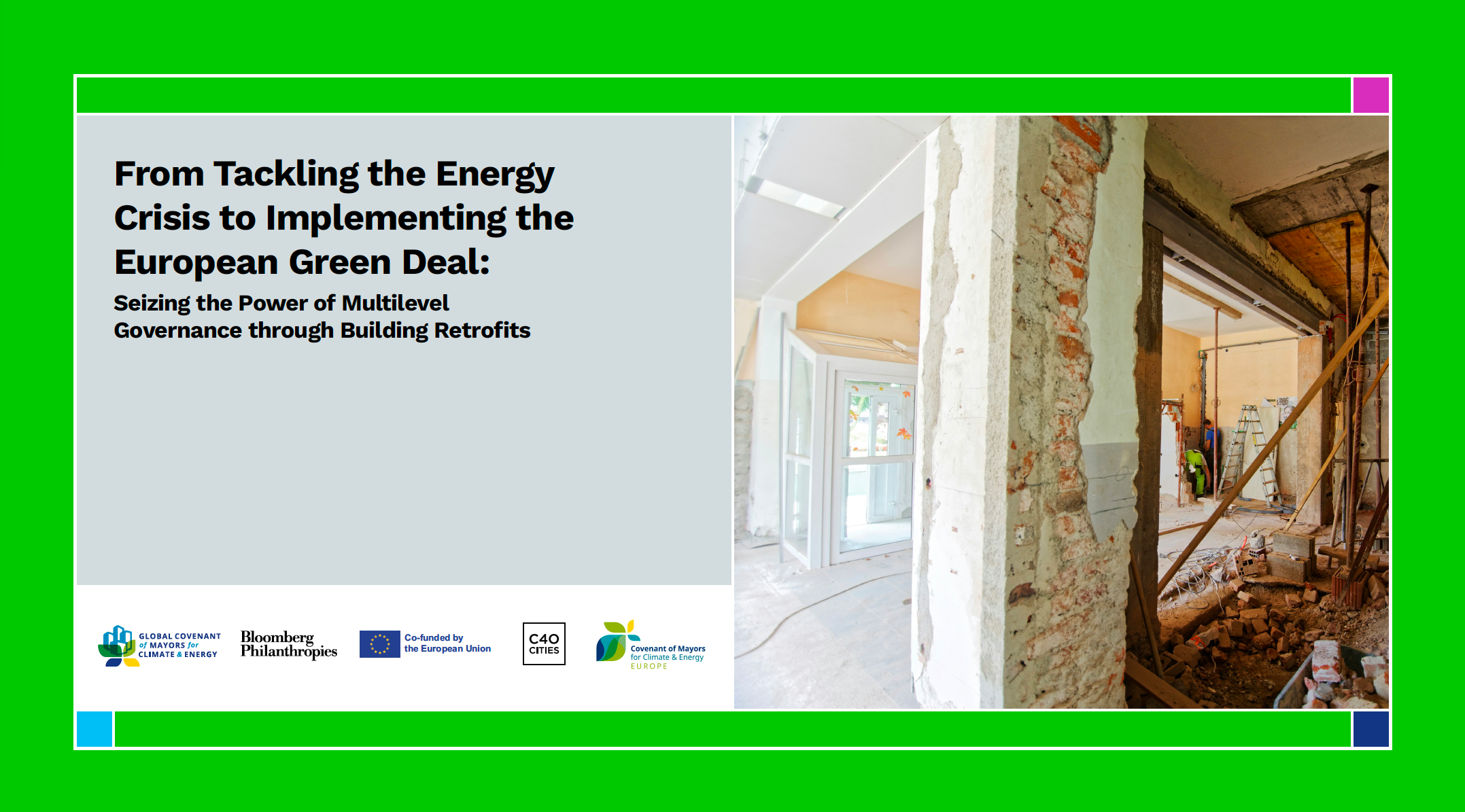Mongolian Cities Strengthen Local Climate Leadership Through EU-Funded Training

Earlier this month, ten Mongolian cities strengthened their capacity to tackle climate change by participating in a technical training on Climate Change and Climate Action Planning: Foundations and Practice, held in the northern city of Darkhan. The three-day workshop was delivered by the Global Covenant of Mayors for Climate and Energy (GCoM), in partnership with the European Commission’s Joint Research Centre (JRC), the National Association of Local Authorities of Mongolia (NALAM), through the EU-funded Friendship project.
Representatives, including governors and environmental officers from across Mongolia, engaged in intensive sessions on developing Climate Action Plans (CAPs), conducting greenhouse gas (GHG) inventories, and performing Risk and Vulnerability Assessments (RVAs). The agenda combined theoretical guidance with practical exercises and regional case studies from Central Asia and beyond.
The training was led by international experts:
- Alejandro Jimenez, Senior Expert on Climate Change Adaptation and Nature-Based Solutions
- Bilyana Chobanova, Senior Key Expert on Green Building and Energy Transition
- Marinella Davide, Climate Policy Analyst and Project Manager, Joint Research Centre
Key takeaways: Moving beyond disaster response
A core insight from the RVA sessions was the prevailing perception among many participants that climate adaptation equates primarily to disaster response, such as preparing for floods or storms. While disaster readiness is vital, the training emphasized that adaptation must also involve proactive, long-term planning to build resilience to evolving climate risks.
This distinction is especially urgent in Mongolia’s northern regions, where permafrost degradation is emerging as a major climate threat. As noted in the Mongolia National Adaptation Plan, warming temperatures are accelerating the thawing of permafrost layers, posing direct risks to homes, roads, and public infrastructure built on formerly frozen ground.
Building momentum for collective action
The participating cities left the workshop with foundational knowledge, practical tools, and a growing readiness to implement local climate strategies. The city of Darkhan, for example, has already requested GCoM’s support in reviewing its initial GHG inventory and advancing its climate planning.
This training marks an important milestone in Mongolia’s climate journey, and a shared recognition that effective local leadership will be critical to achieving national and global climate goals.


